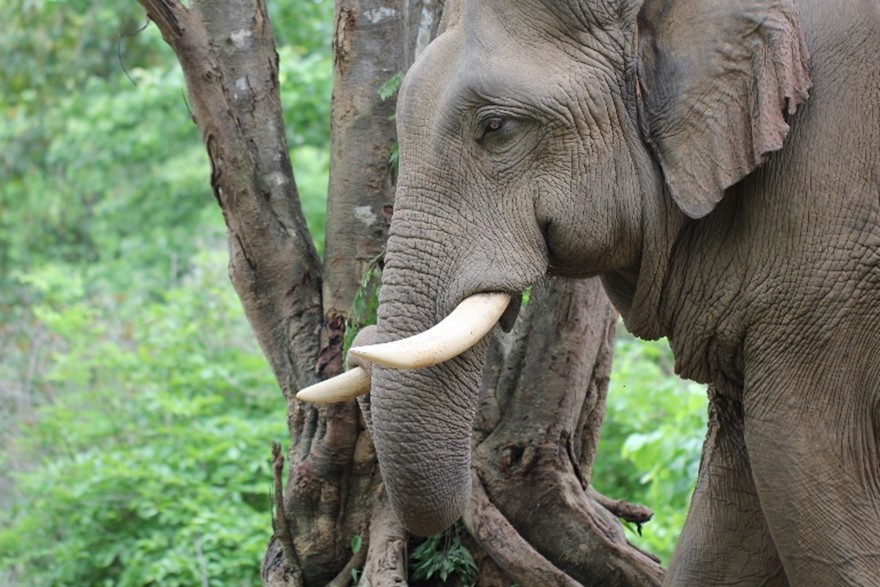Media release
From:
Peer-reviewed Experimental study Animals
Elephants strive to cooperate with allies, until the stakes get too high
In a two-elephant rope-pulling task, cooperation broke down if one partner could monopolize the food
Asian elephants are keen to cooperate with friends and have evolved strategies to mitigate competition in their social groups, but cooperation breaks down when food resources are limited, according to a study publishing September 28th in the open-access journal PLOS Biology by Li-Li Li at the Chinese Academy of Sciences in Yunnan, China, and colleagues. The study sheds light on the evolution of cooperative behavior in mammals.
The researchers tested nine semi-wild Asian elephants (Elephas maximus) at the Myaing Hay Wun Elephant Camp in Yangon, Myanmar with a simple, open access cooperative task. The elephants were offered two trays of food, which could only be accessed by pulling two ropes simultaneously – a task requiring two trunks.



 International
International


